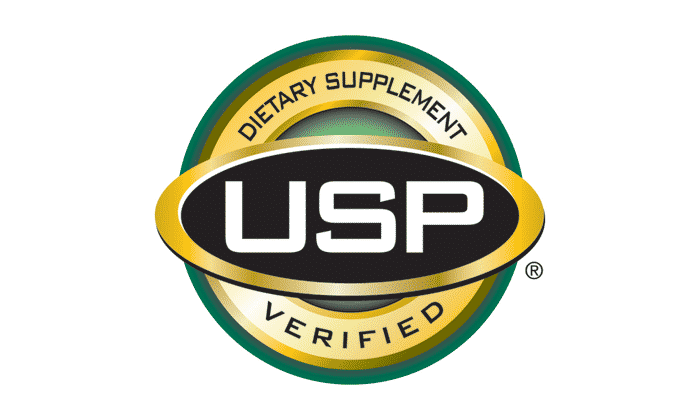Recent studies dismiss vitamin supplements’ worthiness, but experts find the data bloated with generalities
By Donna Shryer
With an emphatic whack that left the global $23.4 billion supplement industry reeling, the December 2013 journal Annals of Internal Medicine issued an editorial declaring “Enough Is Enough: Stop Wasting Money on Vitamin and Mineral Supplements.”
The editorial was in response to three independent studies, also reported in the journal, that investigated the role of vitamin and mineral supplements in preventing the occurrence or progression of chronic diseases, averting cognitive decline and preventing heart attack recurrence.
Supplements showed no effect in any of the three studies, which prompted the editorial to conclude: “Most supplements do not prevent chronic disease or death, their use is not justified, and they should be avoided.”
The big picture
Before tossing your A through Zinc tablets, consider this response from Heather R. Mangieri, MS, RD, CSSD, owner and nutrition consultant of Nutrition CheckUp, LLC, board certified specialist in sports nutrition, and spokesperson for the Academy of Nutrition and Dietetics. “Saying whether or not a vitamin or mineral—in and of itself—can prevent chronic disease may be an impossible task. It’s a much bigger picture than one supplement; you’re talking about a whole package. It’s about getting enough sleep and physical activity, genetic predisposition and lifestyle choices, like not smoking, maintaining a healthy weight and choosing a wide variety of foods for nutrition. Food gives us phytonutrients—which we can’t yet put into supplements—antioxidants, fiber, water and other compounds.”
Supplements, Mangieri emphasizes, are meant to fill nutrient gaps in your diet, and when chosen for a reason by a physician or registered dietician, they absolutely can impact one part of the whole health-and-wellness package. “But no supplement can fix risk for disease when all your other lifestyle choices are unhealthy,” Mangieri stresses.
Two sides to every story
Assuming you’ve embraced the whole-package concept, “there are proven examples where supplements can help, and I think the journal’s editorial ignored these benefits,” says Carrie Holland, MD, family physician and clinical faculty at MacNeal Hospital[DS11] and a member of the board of directors at the Illinois Academy of Family Physicians.
A short list of such benefits includes prenatal vitamins, proven to help prevent birth defects; antioxidants with lutein, linked to improving macular degeneration, the leading cause of vision loss in persons over age 60; and iron supplements to correct deficiencies, a prominent issue for many young menstruating women.
Mangieri expands the list to include children, known to be “finicky eaters,” and anyone who chooses to or must remove entire food groups from their diet. “If you have a food allergy, you’re on a weight management diet or you choose, for example, a vegan lifestyle, you may be eliminating certain go-to foods for specific vitamins and minerals. In these cases, supplementation may be helpful,” Mangieri says.
A smart start
Holland emphasizes that a discussion with your family physician or a registered dietician should kick start every supplement regime. “Vitamin overloading, particularly the fat-soluble vitamins A, D, E and K, can be dangerous,” she says.
For example, too much vitamin A can induce nausea, blurred vision and dizziness. Turning to minerals, iron overload may begin with stomach problems and escalate to long-term heart, kidney, liver or central nervous system damage. An expert in vitamin and mineral supplements will regulate what you need and how much you need.
As for choosing the right brand of vitamin, “it can be overwhelming,” Mangieri admits, but looking for products with the USP symbol is a good place to begin. “This code means the supplement has been tested by a third party, so you know that what the label says is in the product is actually in the product. It doesn’t mean that a product without the code is bad; it’s just extra insurance that the product is what it says it is.
Mangieri also suggests asking a registered dietician, the family physician or your pharmacist for brand recommendations.
So, is the Annals of Internal Medicine editorial right in saying that vitamin and mineral supplements should be avoided?
It’s much too broad a statement, Holland emphasizes. “Supplements can be very useful. It just depends on the individual person and on the specific situation you’re trying to prevent or treat.”













